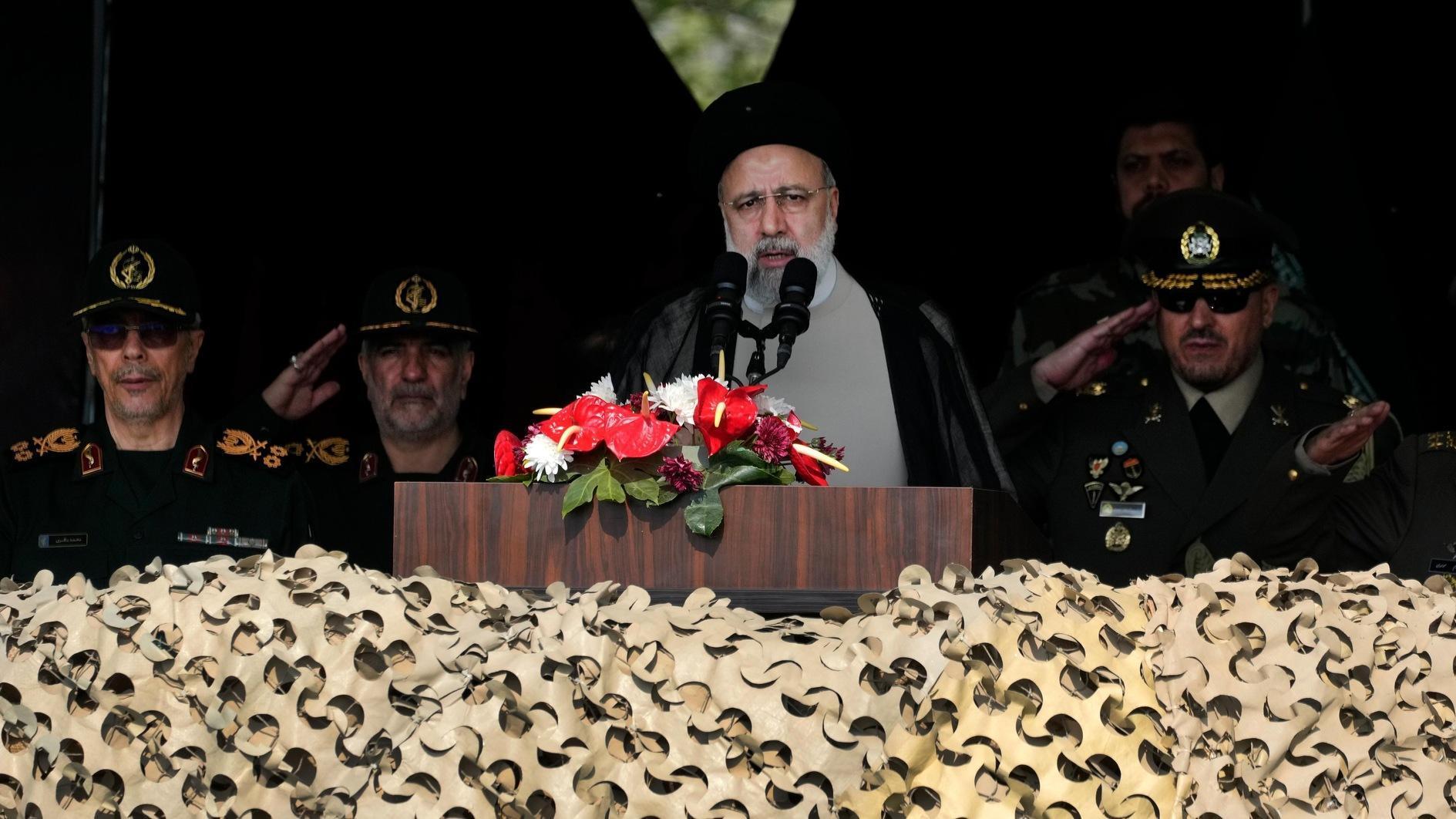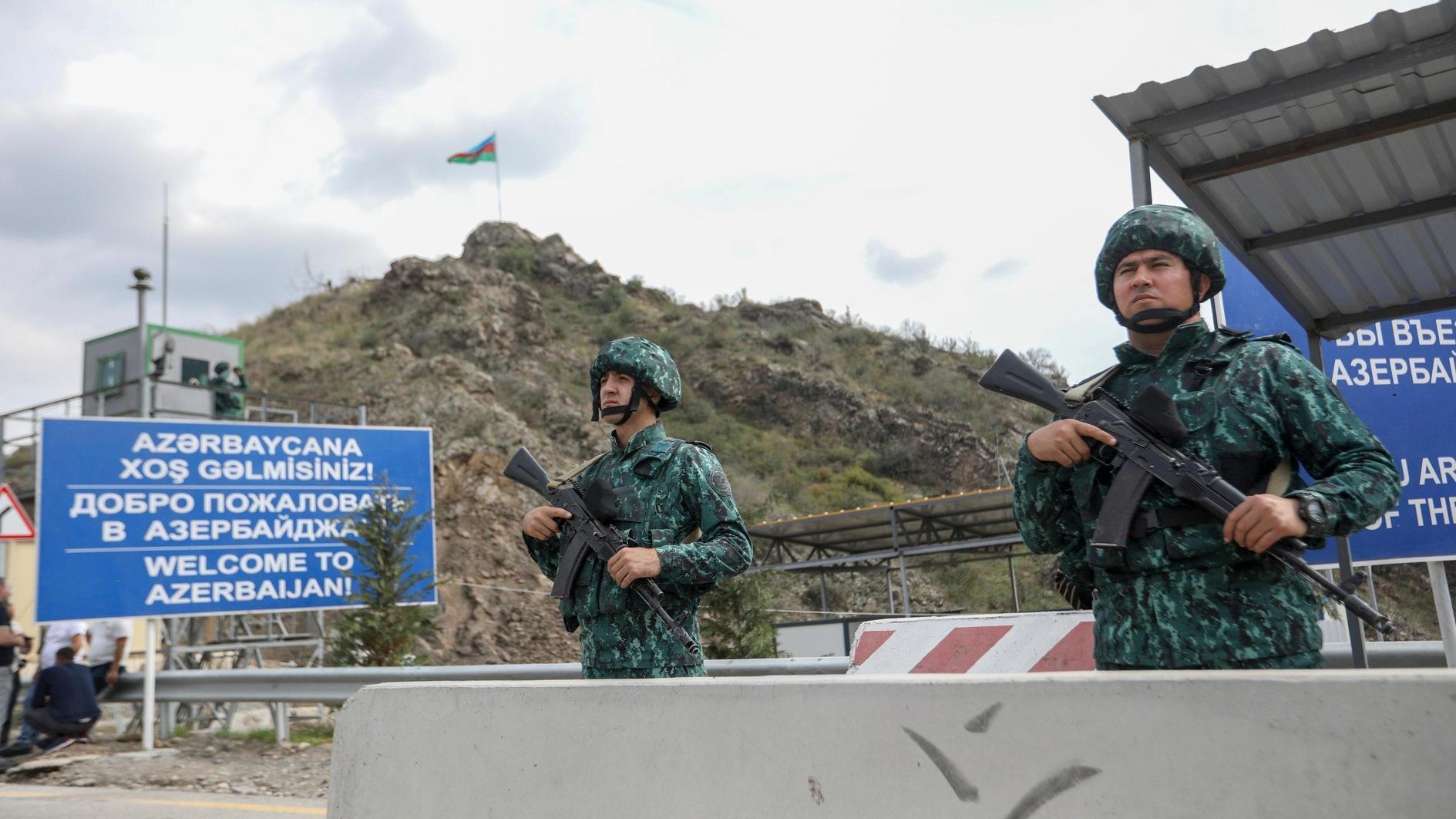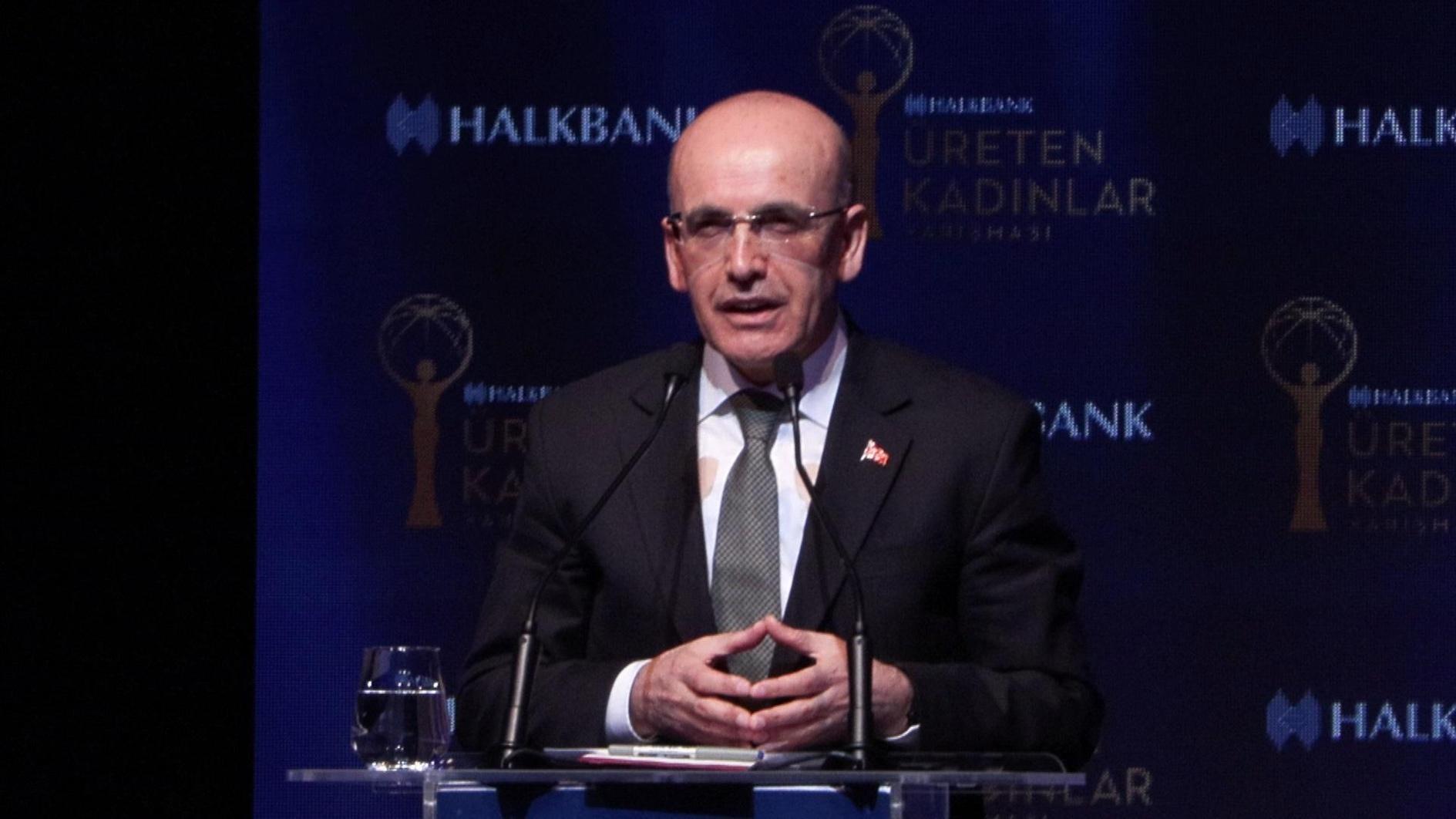Turkey’s tarnished international reputation
Turkey has a serious problem with its international image. An increasing number of people around the world see the country as a breeding ground and facilitator of Islamic terrorism. They also see it as a violent place where visitors have to be ready for all eventualities. The notion that Turkish officials aided radical Islamists in Syria in one way or another has stuck and refuses to go away.
Neither is this just an international impression. Many quarters in Turkey believe that the Justice and Development Party’s (AKP) Islam-based ideological outlook makes it lenient toward radical Islamic groups in ways that former secular governments would not have been. It is known, for example, that the AKP government hoped initially to use Jabhat al-Nusra, one such group, and opposed the designation of this group as a terrorist organization by Washington in 2012.
Tolga Tanış reported for the Hürriyet Daily News in early January 2013 that Feridun Sinirlioğlu, the undersecretary at the Foreign Ministry – who has now been appointed foreign minister in Prime Minister Ahmet Davutoğlu’s provisional government – argued with U.S. officials in Washington, during a visit there for talks, over the banning of the group.
Sinirlioğlu reportedly told the U.S. side that “it was more important to focus on the ‘chaos’ that al-Assad has created instead of groups such as al-Nusra,” http://www.hurriyetdailynews.com/al-assad-in-his-last-six-months-us-estimates.aspx?pageID=238&nID=39248&NewsCatID=359. That was nearly three years ago and President Bashar al-Assad is still in place, while Ankara’s leniency toward radical Islamists in Syria has come home to roost.
We see now that Turkey’s negative image has spread as far as Thailand, where the recent bombing at the Erawan Shrine, which killed 20 people, mostly foreign tourists, is being attributed to a Turk. Although it has yet to be confirmed, this has not prevented Thai authorities from vetting all Turks in the country. Ankara is deeply disturbed about this claim, of course, and insists the suspect is not a Turk, although it also has no confirmation about this yet.
This whole affair has also caused more negative reporting in the West about Turkey. The Daily Telegraph, for example, reported on Aug. 29 that the key suspect in the Erawan Shrine bombing was a member of the Turkish ultranationalist Grey Wolves organization, which is automatically associated with the right-wing Nationalist Movement Party (MHP) in Turkey.
The Telegraph said the bombing might have been carried out to avenge the recent deportation of 109 Uighurs back to China by Thailand. The Uighurs are a Turkic nation and have many relatives in Turkey. Their deportation was protested by Turkey and caused uproar among Turkish ultranationalists and Islamists. Ankara’s official statements on the Uighurs have also put it at loggerheads with Beijing.
Anti-Chinese demonstrators even went so far as to attack Korean tourists in Istanbul, assuming they were Chinese, as well as a Chinese restaurant, that turned out to be Turkish-owned with an Uighur chef. All of this made world news and contributed to Turkey’s negative image. The recent video footage of around 15 Istanbul tradesmen – who are usually associated with Islamist and right-wing leanings – attacking an Irish tourist of Kuwaiti origin (who managed to fight them off bravely) did not help either, after going viral on the internet and being picked up by major international news organizations.
The AKP always harps on about an international campaign aimed at maligning Turkey’s name and creating negative perceptions about the supposed great successes the country has made under the AKP and Recep Tayyip Erdoğan in terms of democracy and the rule of law. All one can say is that those who claim this should look at the mirror occasionally to understand the true reasons why Turkey’s reputation seems to be going down the sinkhole.











